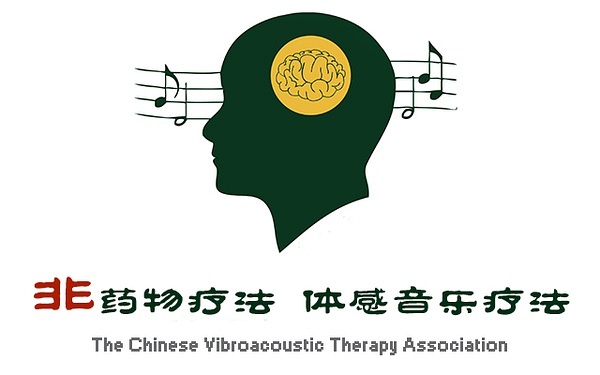Industry information
Music can also save people! Deposit anxiety on music...
According to music therapist Chen Jianguo, before seeking music therapy, Mei Ting's whole body and mind were in poor condition, with anxiety, dark face, long-term insomnia, rough skin and typical symptoms of endocrine disorders. The first thought she wakes up every morning is why I haven't died yet. Always struggling with inferiority and self-esteem, she has also turned to her mentor for psychotherapy. But for professional reasons, it's often the mentor who says the first sentence, so she can know what he'll say next. Finally, psychotherapy failed.
Non-drug therapy somatosensory music therapy
According to a review of a Cochrane database system and Meta analysis, playing musical instruments, singing or simply listening to music recordings can significantly reduce anxiety scores in cancer patients. And researchers from the Department of Creative Arts at Drexel University in Philadelphia found that music interventions provided by medical staff or trained music therapists also significantly improved secondary endpoints such as pain, mood and quality of life scores.
Fortunately, Mei Ting likes music. Chen Jianguo decided to combine hypnosis and music therapy to help her with physical and mental conditioning.
"In choosing music, I try to play the role of music itself, borrow music directly to the patient's subconscious, skillfully avoiding her conscious impedance." In an interview with reporters, Chen Jianguo said that in the process of music therapy for Mei Ting, he also paid special attention to the choice of music. The first music let her relax, the second music let her relax and follow the music. The two music can basically make her quiet, and then arrange recording hypnosis. After recording hypnosis, a violin tune of moderate melancholy style was used, and then a relatively sad tune, such as Bach's fugue, was used to guide her to express her inner fear and grief.
Under the guidance of professional music therapists, Mei Ting cooperated with her according to music imagination. In the music of tension and fear, she slowly recalls seeing a picture, tearfully telling her about her ex-boyfriend's melancholy that has haunted her for many years. This knot led to her nightmares, which lasted for more than a decade. Now, the knot has finally opened up.
The overall results show that music intervention can reduce anxiety scores with clinical and statistical significance, and the impact is moderate to large. For example, after various music interventions, the average score of the State Trait Anxiety Scale decreased by 11.2 units, while there was no change in the control group. Similarly, the decrease of pain score and the improvement of structural mood and quality of life in the music intervention group were also in the range of moderate to large extent compared with the control group. "These are very important prognostic indicators for cancer patients," Dr. Anderson said.
"I use music as a means to let her completely release repressed or unconscious feelings to achieve the goal of treatment." Chen Jianguo said that after nearly three months of treatment, Mei Ting has completely recovered from her illness, and those negative ideas have disappeared. "Now she's living well with her daughter, working and studying well."
Mei Ting was also interviewed by reporters. She told reporters that in the process of music therapy, at first she was very entangled and frightened; then she slowly alleviated, did not want to go out, wanted to stay in that scene for a while; then she felt that her body was full of strength, and no longer felt so dependent on others, wanted to come out of dependence on others. She recalled the skirt she wore in college and many wonderful things. The place where she had been depressed in the inner corner was slowly opened, and her confidence was restored.
Big voice, the elephant is invisible.

Music and Health Care
When you encounter sad things, will you look up sadly at a 45 degree angle full of literary and artistic temperament, or will you unconsciously listen to some low and soothing music and silently seek the resonance of depression in your heart? When it comes to happy things, do you sing loudly in the street, or do you unconsciously hum two relaxed and happy songs, which correspond to your inner joy?
Music is an important part of our daily life. We choose to listen to different music according to different time, place and mood. But do you know that music can not only relax the body and mind, release pressure, but also cure diseases. Many foreign universities even specialize in music therapy.
Music therapy is a clear professional treatment. Trained music therapists can assess patients in detail and provide tailor-made music experience. Although previous researchers have tried to understand whether the more complex and active music interventions provided by trained music therapists can improve the psychosomatic prognosis more significantly than the simpler music listening interventions provided by medical staff, it is impossible to draw any relevant conclusions because the research database is not large enough.


